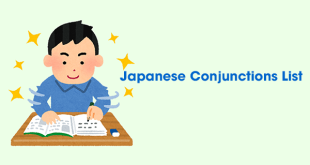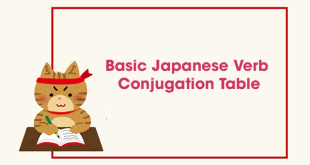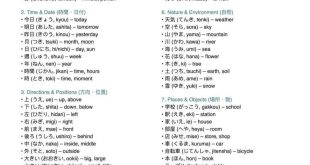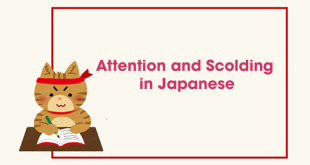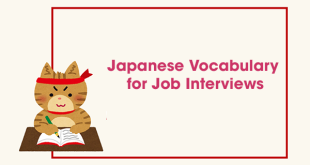15 Famous Emotion Words in Japanese
こんにちは!(Konnichiwa!) Hey there, Japanese learners! “How do you feel today?”
Are you sad and depressed about learning Japanese without seeing any progress?
Or do you feel good and proud of your ongoing attempt instead of giving up?
Okie, regardless of what has occurred, may you gently open your heart to welcome everything and always sense the love within you.
1. うれしい (Ureshii) – Happy
Example:
私は日本語を学ぶのがうれしいです。
(Watashi wa nihongo wo manabu no ga ureshii desu.)
I am happy to learn Japanese.
2. かなしい (Kanashii) – Sad
Example:
雨が降っているときは、私はかなしいです。
(Ame ga futte iru toki wa, watashi wa kanashii desu.)
I feel sad when it’s raining.
3. たのしい (Tanoshii) – Fun
Example:
テーマパークに行くのはいつもたのしいです。
(Teema paaku ni iku no wa itsumo tanoshii desu.)
Going to the theme park is always fun.
4. こわい (Kowai) – Scary
Example:
その映画はとてもこわいです!
(Sono eiga wa totemo kowai desu!)
That movie is very scary!
5. びっくり (Bikkuri) – Surprised
Example:
突然、友達が家に来て、びっくりしました。
(Totsuzen, tomodachi ga ie ni kite, bikkuri shimashita.)
I was surprised when my friend suddenly came over to my house.
6. いらいら (Iraira) – Frustrated
Example:
長い列に並んでいると、いらいらします。
(Nagai retsu ni narande iru to, iraira shimasu.)
I get frustrated when I have to wait in long lines.
7. あんしん (Anshin) – Relieved
Example:
試験が終わって、あんしんしました。
(Shiken ga owatte, anshin shimashita.)
I felt relieved after the exam was over.
8. しあわせ (Shiawase) – Happiness
Example:
家族と過ごす時間は、しあわせです。
(Kazoku to sugosu jikan wa, shiawase desu.)
Spending time with family brings happiness.
9. 怒る (Okoru) – Angry
Example:
彼は私の意見に怒っている。
(Kare wa watashi no iken ni okotte iru.)
He is angry at my opinion.
10. さびしい (Sabishii) – Lonely
Example:
一人で映画を見るとき、さびしいです。
(Hitori de eiga wo miru toki, sabishii desu.)
I feel lonely when I watch movies alone.
11. ねむい (Nemui) – Sleepy
Example:
授業中に、いつもねむいです。
(Jugyou chuu ni, itsumo nemui desu.)
I’m always sleepy during class.
12. たのしみ (Tanoshimi) – Excited
Example:
週末の旅行がたのしみです!
(Shuumatsu no ryokou ga tanoshimi desu!)
I’m excited about the weekend trip!
13. きんちょう (Kinchou) – Nervous
Example:
プレゼンテーションの前に、きんちょうします。
(Purezenteeshon no mae ni, kinchou shimasu.)
I get nervous before presentations.
14. むねん (Munenn) – Regret
Example:
試験の答えを間違えたので、むねんです。
(Shiken no kotae wo machigaeta node, munen desu.)
I regret giving the wrong answer on the test.
15. きぶん (Kibun) – Mood/Feeling
Example:
今日はいいきぶんです。
(Kyou wa ii kibun desu.)
I’m in a good mood today.




Check it out and always remember to revise it many times!
Related Post:
Japanese Vocabulary about Dentists & Teeth
Japanese Vocabulary About Clothes
 Learn Japanese Free Learn Japanese Free
Learn Japanese Free Learn Japanese Free

